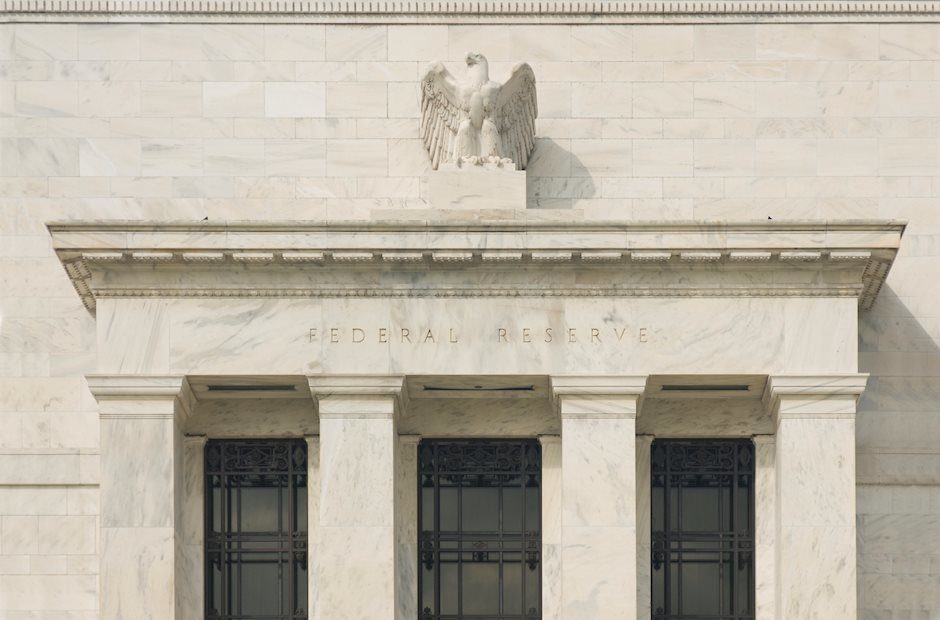Attention shifts to the Fed as US CPI hits a 39-year high

Europe
European markets have spent most of the last two days consolidating the gains of the first two days of this week, with the FTSE100 set to close out the week, with its best weekly gain since January, and back where it was prior to the sell-off to the sell-off, in the wake of concerns over the Omicron variant.
Does that mean that Omicron's concerns are over? That’s a harder question to answer given the implementation of new restrictions across Europe, the UK and some parts of the US in response to higher infection rates. There is a concern that some governments are over-reacting, running the risk of making supply chain problems worse at a time when their economies are struggling to recover.
There appears to have been palpable relief that this afternoon’s US inflation numbers for November came in as expected, at 6.8%, which while still at a 39 year high, wasn’t nearer to some of the worst estimates which could have seen it rise above 7%. This appears to have helped put a floor under markets ahead of next week’s Fed meeting, although markets here in Europe appear to be softening into the close.
Today’s movers have been more defensive in nature with British American Tobacco leading the way building on its performance from earlier this week after it maintained its full-year guidance of constant currency revenue growth of above 5%.
Primark owner Associated British Foods today announced that like like sales compared to Q4 last year were trading ahead of expectations and that as far as full-year profits are concerned the retailer said it expected to make significant progress in operating profits and EPS.
US
US markets have picked up where they left off yesterday, opening higher after US CPI came in as expected, at 6.8%, its highest level since 1982. While this is still an awfully high number, and up from 6.2% in October, there is some relief it didn’t come in higher, above 7%, with US 2 year and 10-year yields slipping back.
The S&P500 is also now more or less back to where it was pre-Thanksgiving, prior to the Omicron sell-off.
Tesla shares have opened lower, as it transpires that CEO Elon Musk has sold another $963m in shares, bringing the total amount sold to almost $12bn over the last 5 weeks, with potentially another $5bn to go.
Moderna has also dropped sharply after initial trials of its flu vaccine showed positive results from early-stage trial data, however, the numbers weren’t that much different from other results from some of its competitors. Investors it would appear were looking for better outcomes so that the company isn’t seen as a one-trick pony.
FX
The US dollar was initially lower in the aftermath of today’s US November CPI number which came in 6.8% and the highest level since 1982. There does appear to have been a collective sigh of relief that the number wasn’t higher, but its still likely to mean a higher US dollar in the longer term and reinforces the narrative that the Fed will probably have to go faster on a taper as we head into next year.
There was little in the way of a reaction to today’s UK GDP data for October which showed that the economy grew 0.1%, below expectations of 0.4%. The main drag was big falls in industrial production and construction output which fell 0.6%, and 1.8% respectively. Index of services rose 0.4% which was in line with expectations.
The Australian dollar has been the best performer this week along with the Canadian dollar after both central banks left rates unchanged, however, in both cases, we saw increasing concerns about the effects of inflation in both central bank outlooks. The RBA modified its guidance to suggest that a rate rise was likely to come sooner than expected, which wasn’t too much of a surprise, however market positioning was such that we’ve seen a sharp move back to the upside.
We’ve seen a solid rebound in crude oil prices this week, after hitting a three-month low last week and looks set to post its first positive week since October, breaking a run of 6 consecutive weekly declines. Saudi Arabia’s decision to raise prices at the start of the week, along with optimism over the long-term effects of Omicron has helped drive this week’s rebound, although it has been tempered by some end-of-week weakness on tighter restrictions.
Author

Michael Hewson MSTA CFTe
Independent Analyst
Award winning technical analyst, trader and market commentator. In my many years in the business I’ve been passionate about delivering education to retail traders, as well as other financial professionals. Visit my Substack here.

















